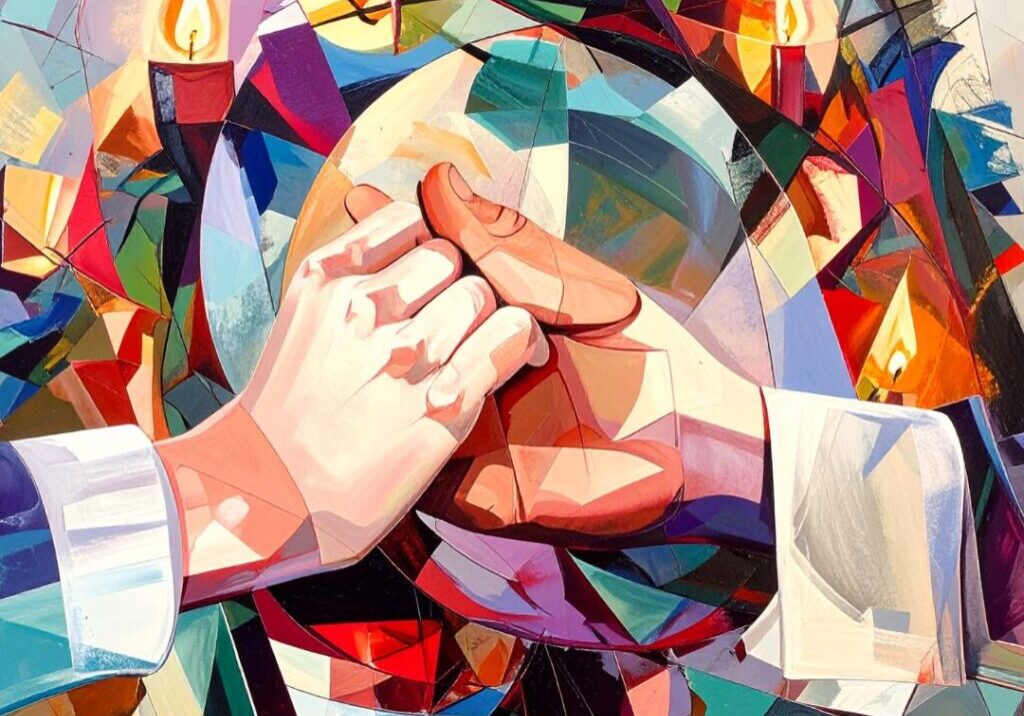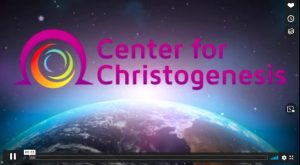Session 2: Concerning the Search—Spirituality and Science
Hello again, course participants. And welcome to Week 2 of our course!
It was a pleasure to see and meet all of you during our initial live seminar session. Thank you for your presence to each other during our participant introductions. The diverse personal and professional backgrounds and interest in and engagement with Howard Thurman and the Center for Christogenesis were amazing to learn more about last week. I want to find ways to bring your rich experiences and current questions into our shared learning experience going forward.
Along with getting to know one another a bit, we also took some time in breakout groups and through interactive lecture to learn about and reflect on Howard Thurman’s life overview and what “community” meant to each of us. In our “office hours” session several of us had additional time to consider how Howard Thurman’s particular identity as a black American factored into his search for community–within himself, within organized religion, and across various cultural and political communities.
What is on tap for Week 2?
It may seem strange that in the second week of our course we will focus on “first things” and “origin stories.” But that’s what Thurman’s life and thought are placing before us to consider this week–as individuals and as a community of learners.
The 20th century Austrian Bohemian poet Rainer Maria Rilke was fond of saying, “Wir sind immer anfänger. (We are always beginners.)” Howard Thurman most certainly believed this in his own way–as a thinker, a pastor, a family member, and a human being. He was, in his own words, “always on the scent” of the foundational ontological principles and organic components from which human culture and ecological life emerged. He studiously explored origin stories from both religion and science as part of his search. There was never a time in his cognitive, ethical, and spiritual development that Howard Thurman believed there was, or should be, a disconnect between science and spirituality. He saw them as two different approaches to making theoretical and practical sense, and ethical good, of our lived experience.
Reflection Questions
- When you consider the phrases “First things” and “Origin stories” what comes into your mind? When did you first hear these words, or learn about and study either such things or such stories? What is your own working definition of “First things?”
- “Origin stories” make me think of “The Big Bang” (science), “The Garden of Eden in Genesis” (religion), and “the Unmoved Mover” (philosophy of religion). What “origin stories” were most central to your understanding of life, the world, and your own existence when you were a child? What about as you moved into adulthood? And what about now?
- How do you, or are you really able to, make practical, livable sense for yourself of the relationship of spirituality/religion with natural law/science?
Scripture
“God has made everything beautiful in its time. God has also set eternity in the human heart; yet no one can fathom what God has done from beginning to end.” Ecclesiastes 3:11.
This week’s readings
- Have Thurman’s short book, The Search For Common Ground: An Inquiry into The Basis of Man’s Experience of Community,
- Read the original 1944 publication of Thurman’s “Great Incarnate Words” prose poem originally published in Boston University’s culture-focused journal Motive.
- Read Chapter 2: “Search into Beginnings” from Thurman’s Search for Common Ground.
Recording of session 2: Click on image below with the password “whole” to view the recording of session 2.
 View print-friendly version
View print-friendly version
1 Comment
Related Posts

InCarnation: God’s Life is Our Life
Yesterday, I stopped by a local Starbucks for a hot coffee. Outside the store sat a homeless man asking for money and food. I was struck by his appearance—his sad…



I wanted to make sure that everyone learned about this 8-month online series of Sunday morning services/sermons focusing on Howard Thurman entitled, “Medicine for Our Times: Living the Legacy of Howard Thurman.” I’ve included a link to the press release below. The UU Church in Springfield, VT is one of the collaborators with folks from Howard University.
https://vtdigger.org/press_release/medicine-for-our-times-living-the-legacy-of-hoard-thurman/?u=dba01c2e8d&utm_source=VTDigger+Subscribers+and+Donors&utm_campaign=4f811973a1-EMAIL_CAMPAIGN_2021_10_14_12_52&utm_medium=email&utm_term=0_dc3c5486db-4f811973a1-394180354